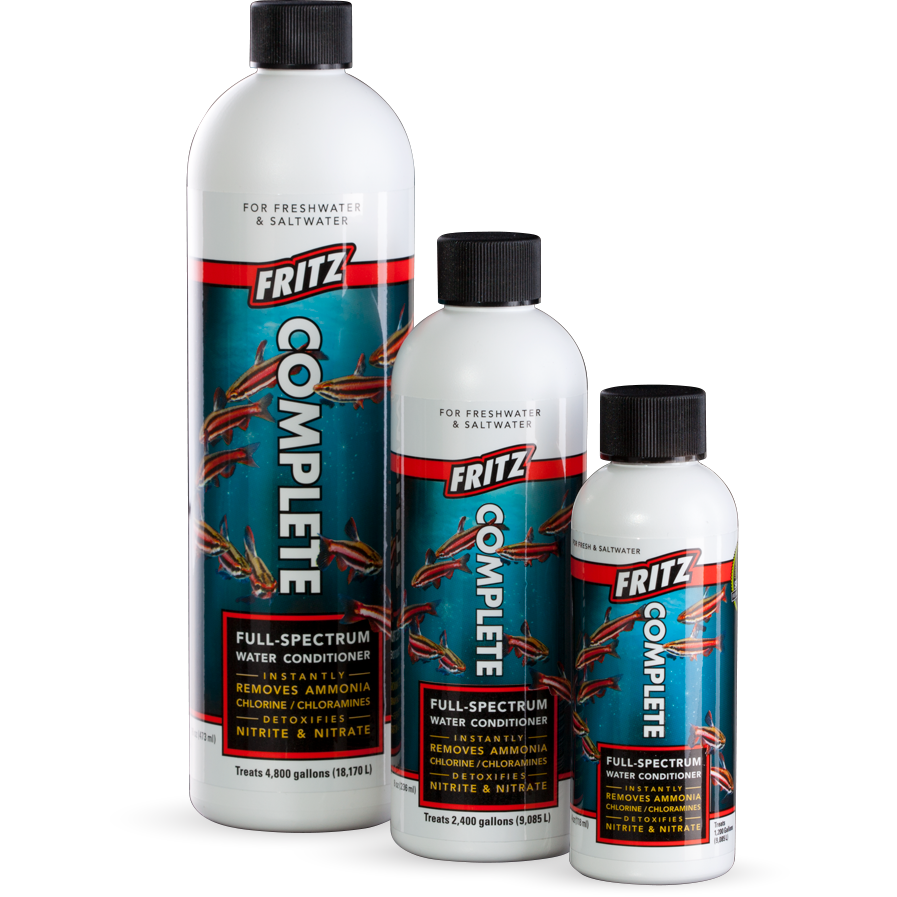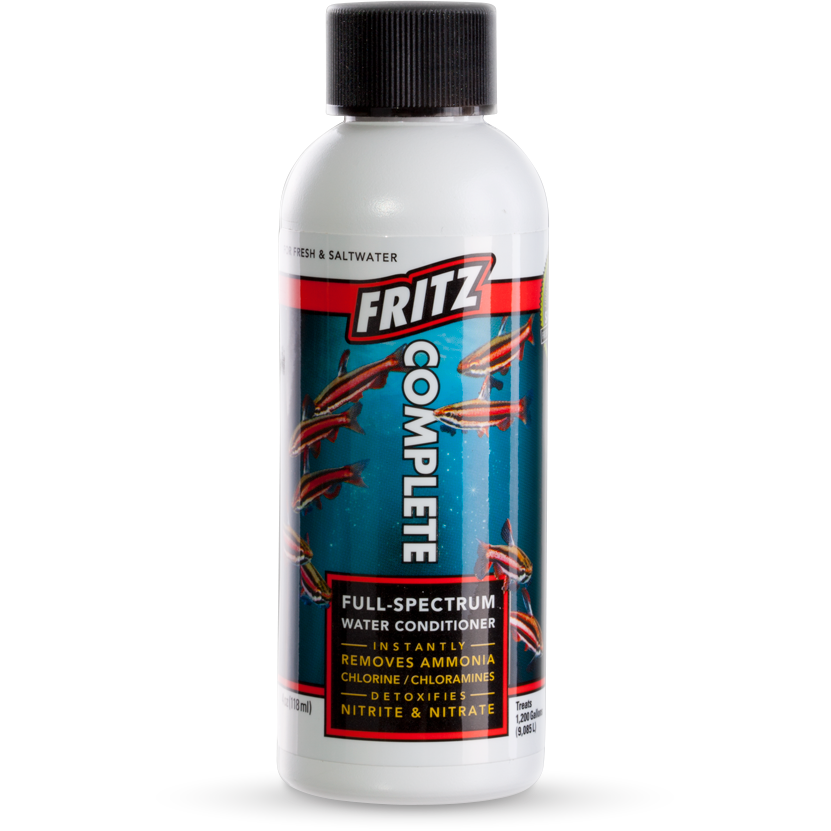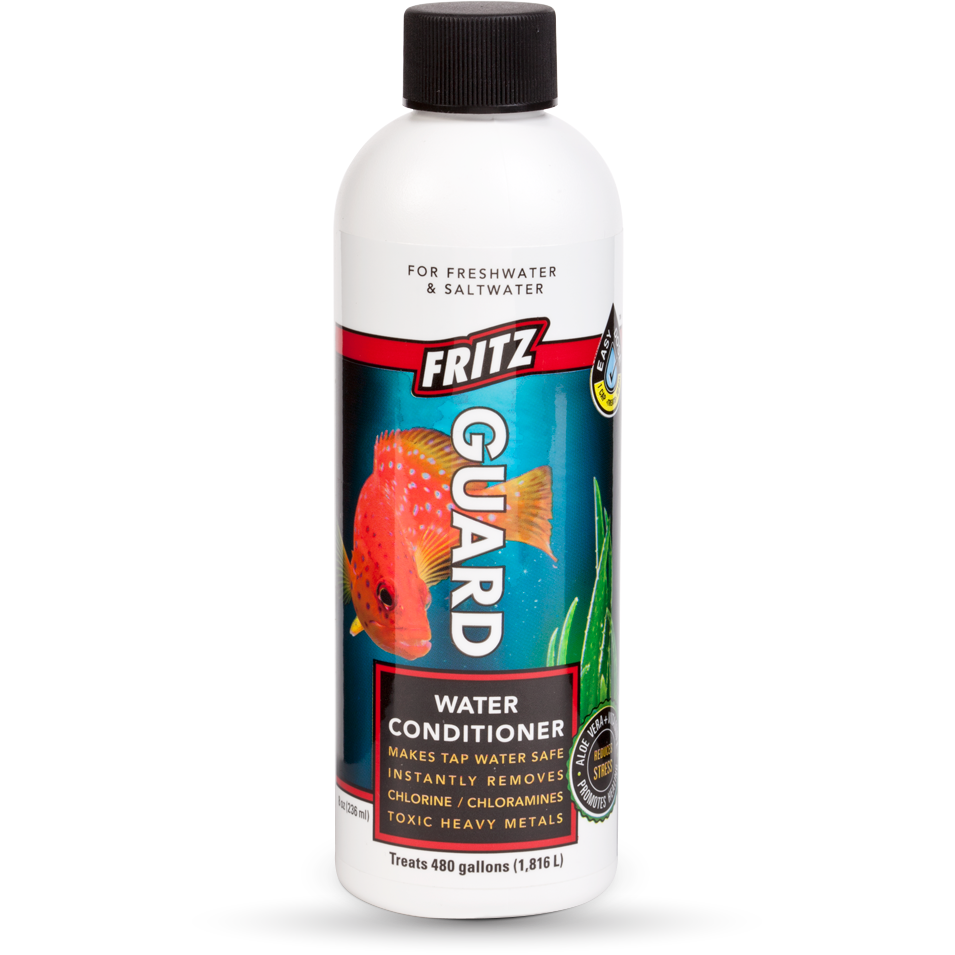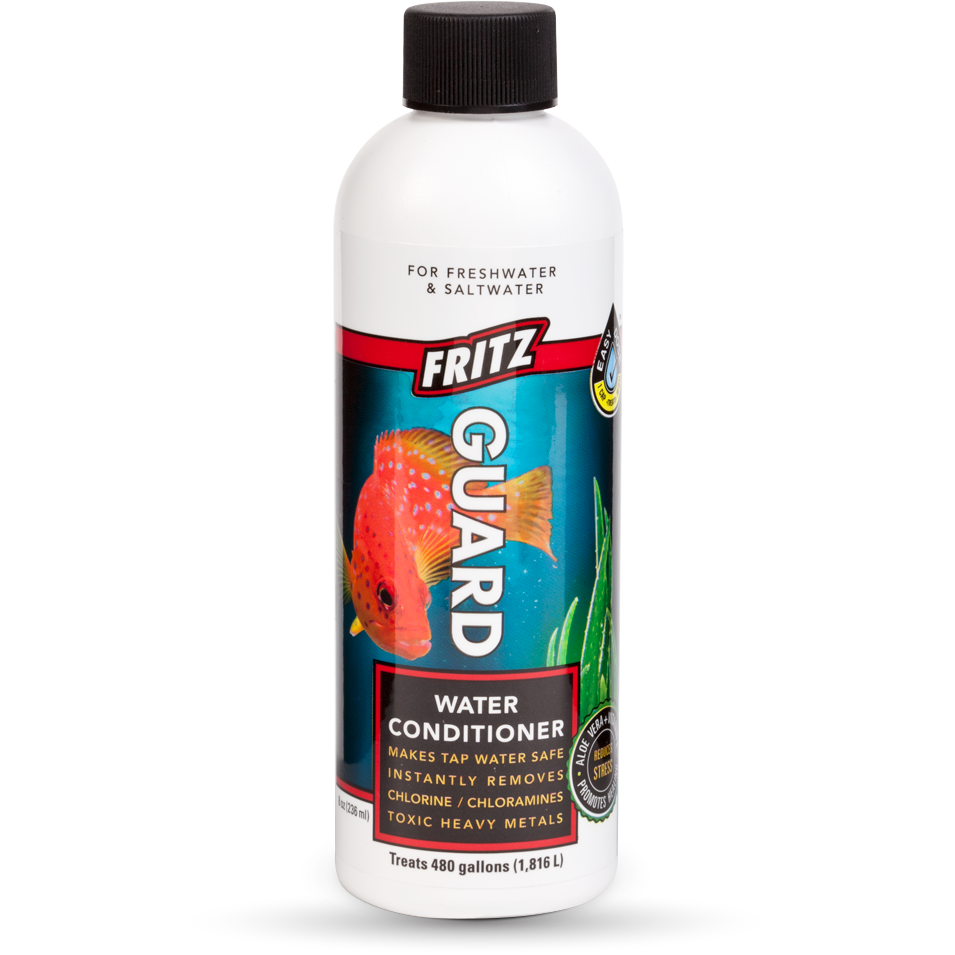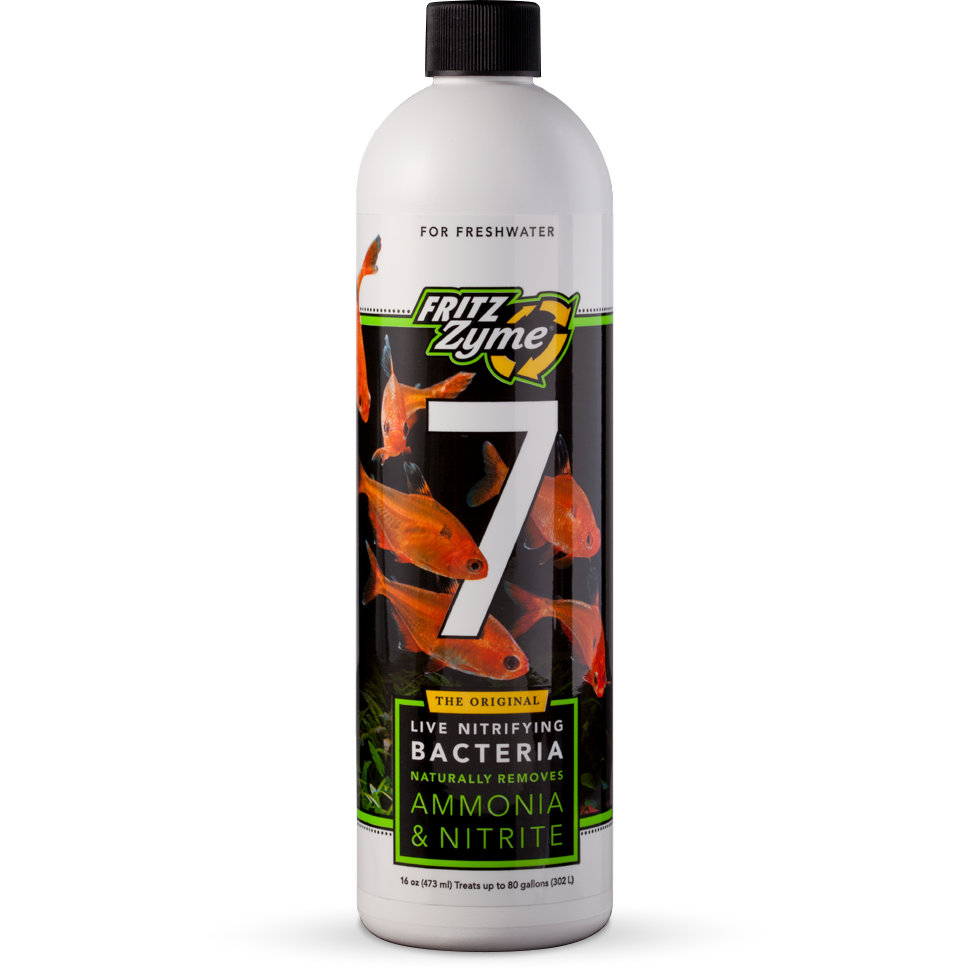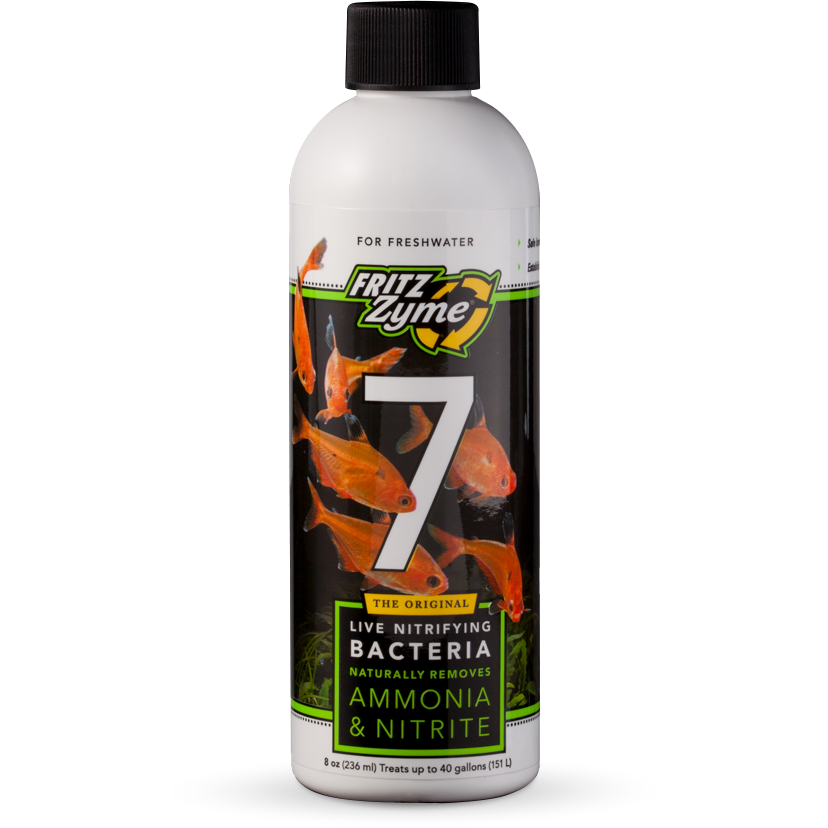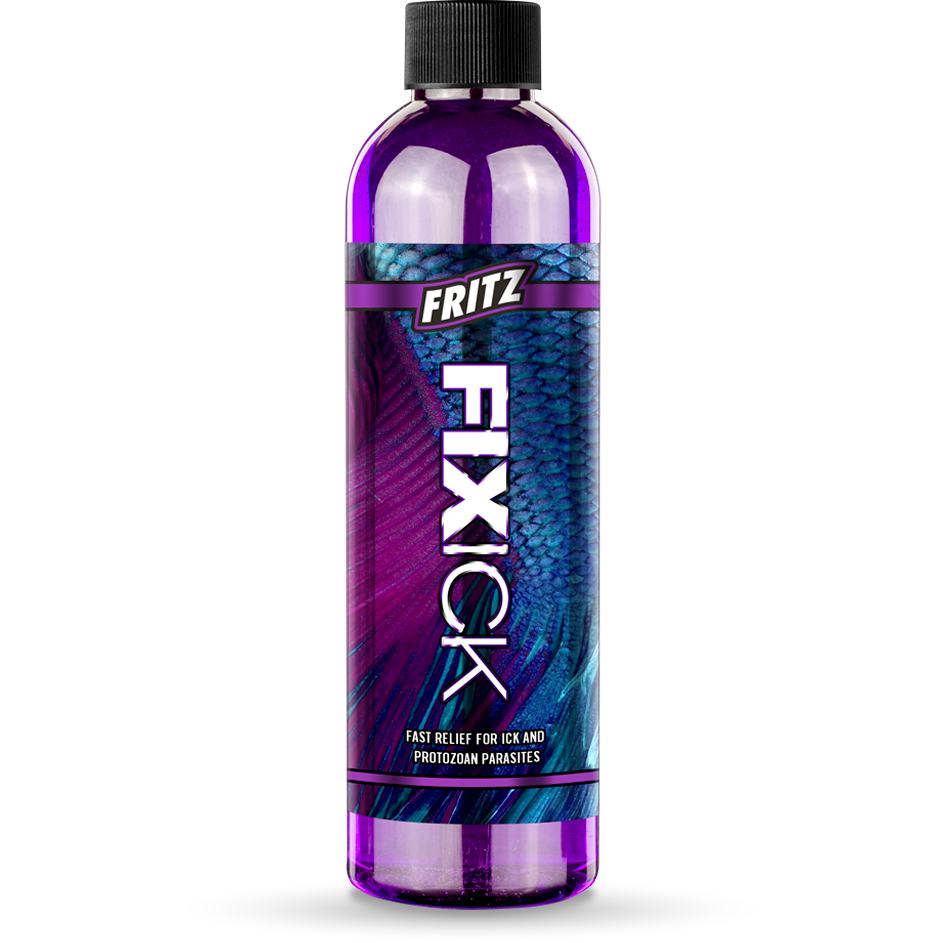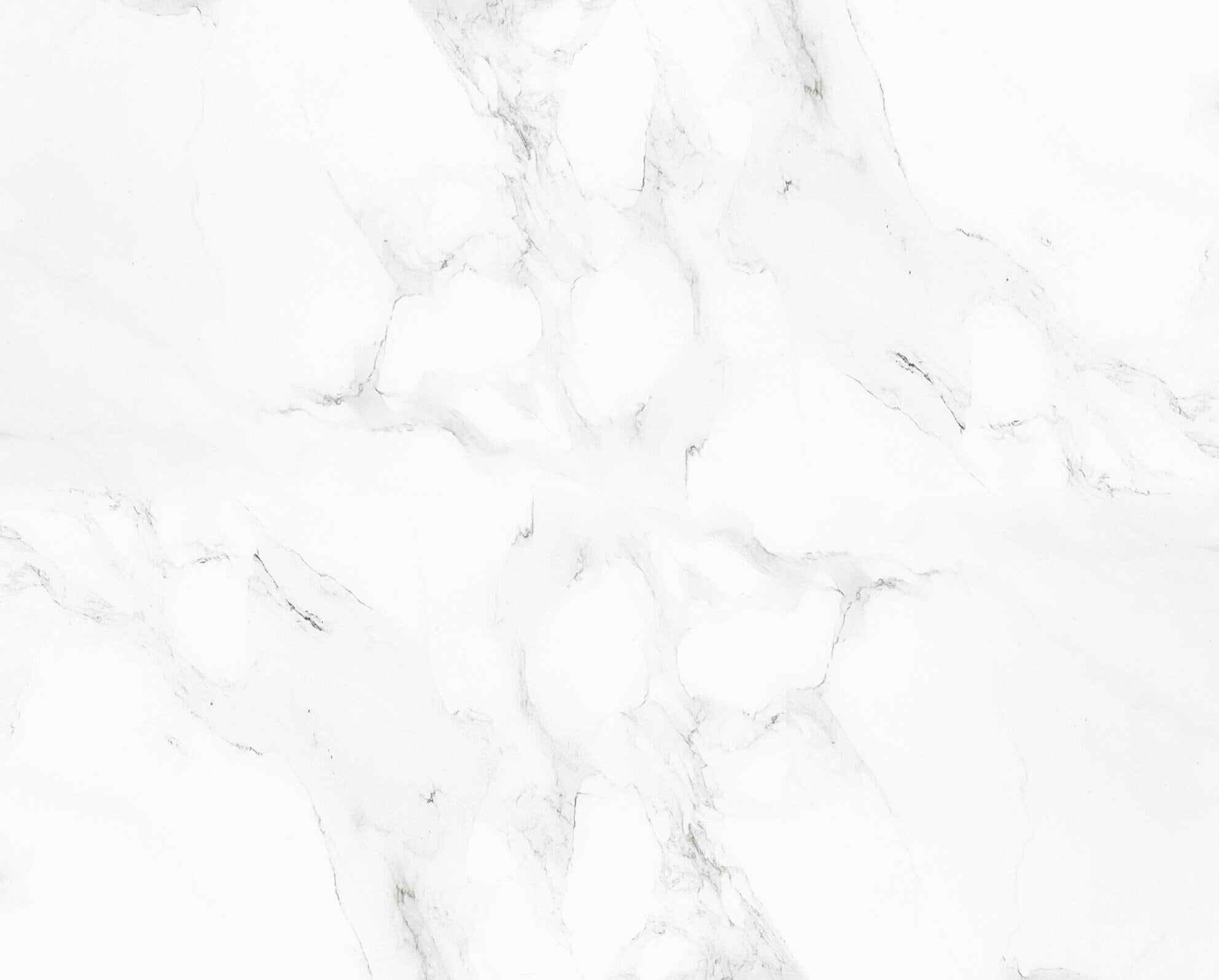Iron is immobile in plants. This means that plants cannot divert iron from older leaves to new ones. Therefore, deficiency symptoms appear first on new or young leaves. Because plants use iron to produce chlorophyll, a lack of iron results in chlorosis, or yellowing, of the younger leaves. Stems may also appear short and slender. If the deficiency is severe and prolonged, each new leaf emerges lighter in color than the preceding leaf.
When choosing an iron supplement, it is important to know the distinction between the two forms of iron. The iron will be in one of two oxidation states: ferrous having a +2 charge, or ferric having a +3 charge. Ferrous iron, the preferred iron form and is soluble in water at any pH. Ferric iron, however, is only soluble below a pH of around 5.5; but if the pH is higher than 5.5, which more than likely it will be in a planted aquarium, the ferric iron will become insoluble and precipitate, settling in the root zone. Once this occurs, foliar absorbtion becomes impossible.
To overcome this precipitation, competing products employ a chelate of ferric iron: iron-EDTA. While this does keep it soluble, it has a couple of drawbacks with respect to foliar uptake of iron. (1) Iron-EDTA bonding is very strong, thus very little of the iron will be available to the plants over a given time frame and (2) Physiological energy must be expended by the plant in order to extract the ferric iron from EDTA-iron and then convert (reduce) it to the ferrous form. Our approach is different in that we use a complex (not chelate) of ferrous iron in Flourish Iron™.
Flourish Iron™ is a highly concentrated (10,000 mg/L) ferrous iron gluconate supplement. Plants are able to much more easily derive a benefit from Flourish Iron™ because ferrous iron gluconate is already in the ferrous form so they do not expend energy reducing it. Despite what other manufacturers may intimate, gluconate is not harmful to plants or fish. In fact, ferrous gluconate is better suited to foliar feeding than is iron-EDTA owing to the relatively weaker iron-gluconate bonding vs. iron-EDTA bonding. In addition, ferrous gluconate has the added bonus of being a source of carbon.









